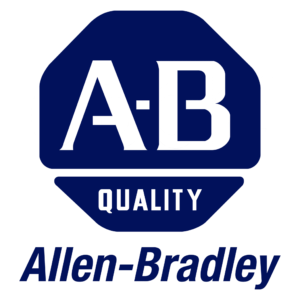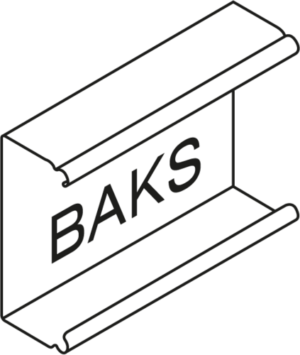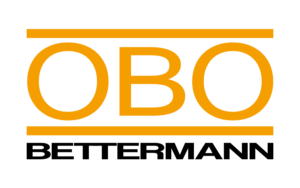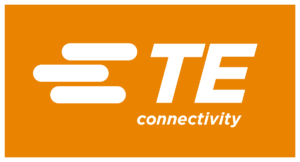
In industrial automation, PLC (Programmable Logic Controller) control plays a fundamental role, enabling precise management of production processes. PLCs, or programmable logic controllers, are special electronic devices used to automate the actions of machines and equipment based on pre-programmed instructions. In this article, we will discuss how PLC control works and why it is crucial to modern industrial automation.
How does PLC control work?
The operation of PLCs is based on three main stages: data input, information processing and sending control signals to actuators. At the data input stage , the controller collects information from sensors that monitor parameters such as temperature, pressure or machine position. Then, in processing, a program stored in the PLC analyzes this data and decides on the next actions. Eventually, the PLC sends the appropriate output signals, such as to motors, valves or relays that carry out the programmed actions.
PLCs can be programmed in a variety of languages, such as Ladder Logic or Structured Text (ST), giving engineers great flexibility in customizing the control to meet specific production needs.
Key role of PLC in industrial automation
PLCs play an important role in industrial automation due to their versatility, reliability and ability to integrate with other systems. Here are the main reasons why PLCs are widely used in industry:
- Reliability and durability
PLCs are designed to operate in harsh industrial environments, such as high temperature, humidity and vibration. As a result, they are extremely reliable and can operate for long periods of time without interruption. - Programming flexibility
One of the most important advantages of PLCs is the ease of programming and modifying control instructions. If necessary, engineers can make changes to the program, allowing production to quickly adapt to changing requirements. - Integration with SCADA and HMI systems
PLCs can be easily integrated with SCADA (Supervisory Control and Data Acquisition) and HMI (Human-Machine Interface) systems, allowing operators to remotely monitor and control production processes. This makes it possible to keep track of machine operations, quickly diagnose problems and optimize processes in real time. - Savings and increased efficiency
By precisely controlling and monitoring processes, PLCs help companies reduce the number of failures and lower costs associated with machine downtime and maintenance. PLC-based automation also leads to increased operational efficiency, which has a direct impact on the quality and speed of production.
Applications of PLC control in various industries
PLC control is widely used in various industries. In the automotive industry, PLCs control robots on assembly lines, in the food industry they control packaging, dispensing and labeling processes, and in the power industry they oversee energy production systems. In each of these cases, PLC control helps optimize processes and increase reliability.
As a supplier of electronic components, HIMTEK offers the key components needed to build PLC control systems. The company offers relays, communication modules and sensors that play a vital role in ensuring the stability and safety of automation systems.
The future of PLC control
PLC control is evolving rapidly, with modern systems increasingly integrating with Industry 4.0 technologies such as the Internet of Things (IoT) and artificial intelligence. This makes it possible to monitor machines in real time, predict failures and automatically optimize production processes.
Companies investing in the latest automation technologies, such as PLCs, can count on a competitive advantage in the market. HIMTEK supports companies in implementing these solutions by offering reliable electronic components tailored to modern automation requirements.












































